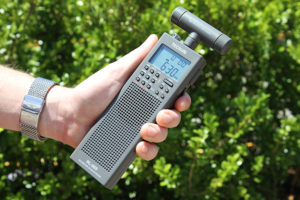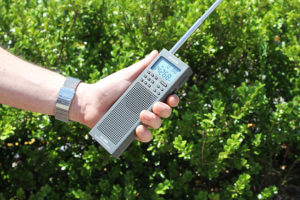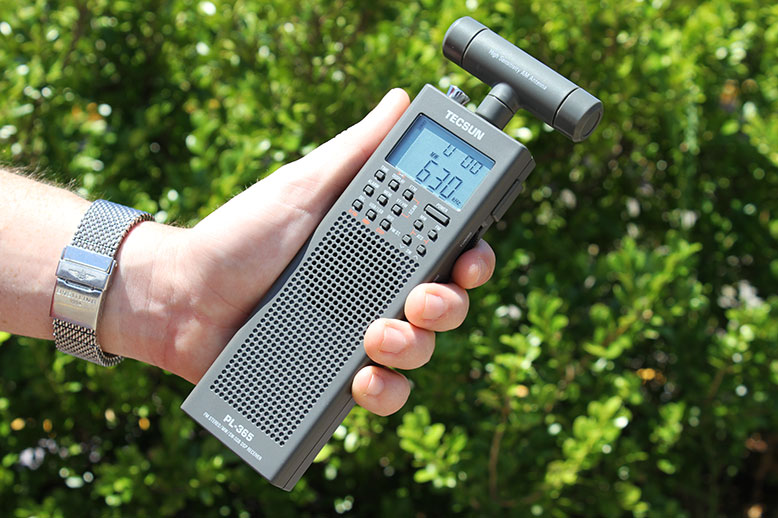The Tecsun PL365 was recently reviewed by Radio Jay on his blog.
Here are just a few of the things he had to say about the PL365
“The ETM has its own, temporary 100 station memory which is perfect for travelling to new areas where you can quickly populate that memory bank with receivable signals in that location leaving all your other 450 presets untouched…very convenient.”
“Tecsun has done an incredible job of making SSB tuning as precise and easy as can be”
“Its overall performance is excellent for the size and price”
“Its layout and design were carefully considered and well executed”
“The general shape and layout of the radio make one-handed tuning as easy as possible”
We’ve had a bit of a play around with the Tecsun PL365 today too!


Thanks to Radio Jay for this review very detailed review. Read the full review here.
Garry VK2YBX has prepared some great tips and tricks for using the Tecsun PL365. You can read them here.
Treat yourself to a great new radio today. Buy the PL365 now.
The Tecsun PL680 has been a long time coming to the Australian market so we’re very excited that Silicon Chip Magazine has featured this great new addition to our range of radios in their most recent December 2015 magazine’s Product Showcase.

The Tecsun PL680 is featured in Silicon Chip Magazine December 2015
“For keen shortwave listeners, you’ll notice the difference in the PL680.”
– Silicon Chip Magazine
And the Silicon Chip team aren’t the only ones excited about the upgrades. Here are just a few other reviews the PL680 has received:
“Worth the upgrade.”
“Tecsun certainly gives you a lot of bang for your buck.”
– Chris Freitas, On Radio Blog
The PL680 was featured and reviewed in Silicon Chip Magazine alongside the new Tecsun PL365 giving two of our most popular portable receivers a major makeover, making them even better value for money.
The PL680 radio with VHF Air Band is a great radio for communications enthusiasts with the radio providing excellent reception to all of the major frequency bands including AM/MW, FM, Shortwave with SSB, Longwave, and VHF Air Band.
The Tecsun PL365 is the only radio in the Tecsun range (apart from the Tecsun S2000 Desktop Radio) to provide an external antenna connection for the AM/MW band. The Tecsun PL365 Radio is an ideal radio to use for AM/MW EMI surveys because of its external AM antenna, ability to accept customised antennas and display showing signal strength in dBuV.
Both radios are available and in stock now, right in time for Christmas.










